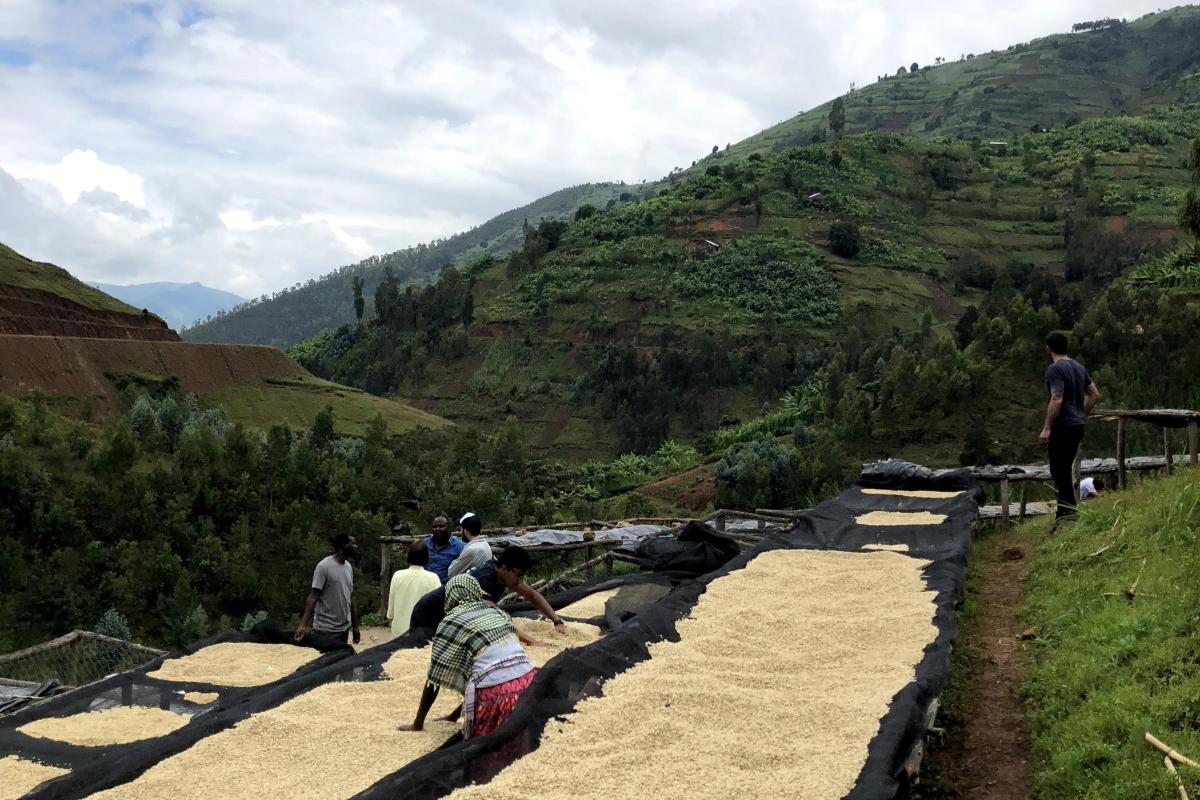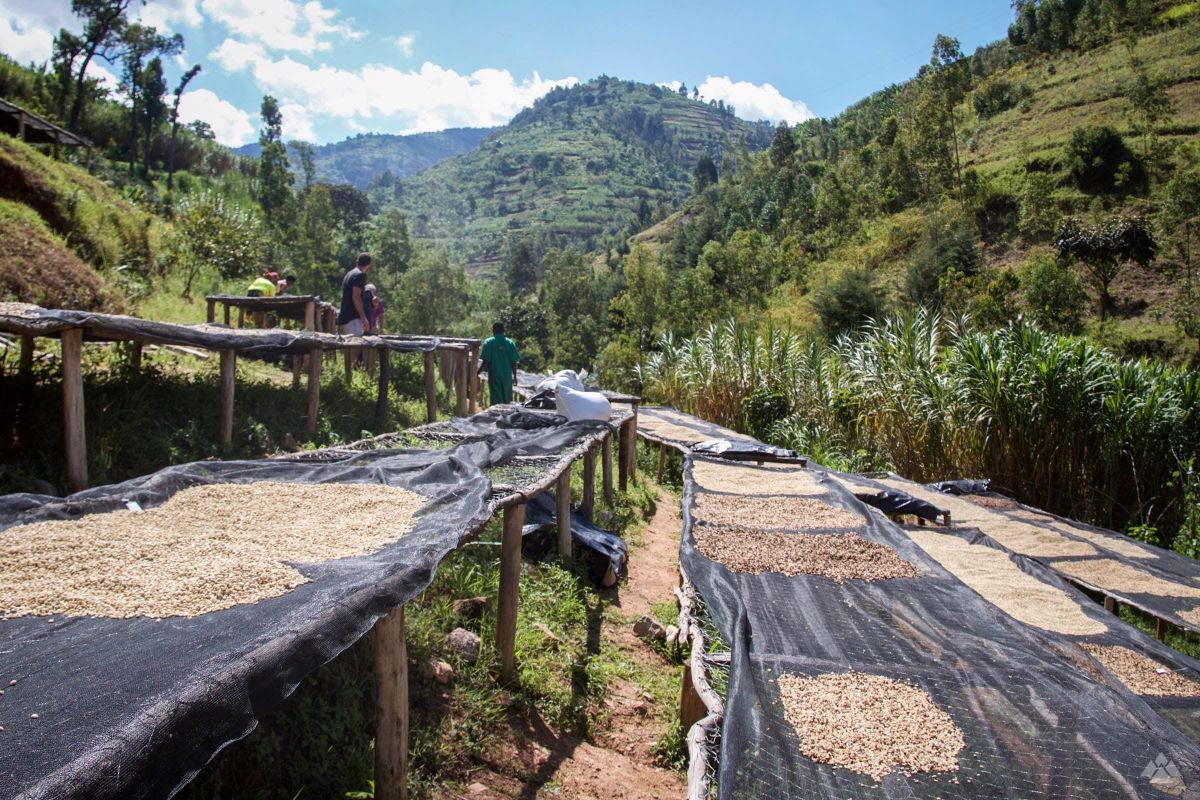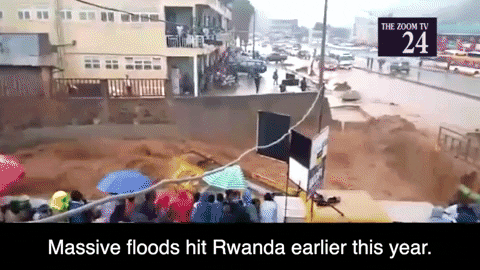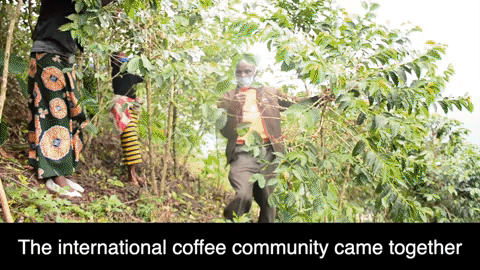From meeting immediate needs to building resilience - Rwandan Landslides
The Shyira washing station was built in 2017 to expand the selling potential of the cooperative of coffee growers that live and work in the town of Shyira.
Check our coffees from Rwanda - Shyira Natural and Shyira Washed
75% of the coffee producers in Shyira are women, and their employment brings a second income and financial stability to local families.
Additionally, the Shyira washing station creates many seasonal jobs for the surrounding community and provides many options for income-generating activities, like construction and maintenance of the processing station, coffee harvest, and processing.

It is the highest sitting processing station in Rwanda (1850-2300m), and the weather conditions, soil type, and its high-altitude lands make this region an ideal setting for high-quality coffee processing and production. The coffees have developed a truly unique style and flavor that differs from all other Rwandan coffees.
The washing station provides a full spectrum of processing - fully washed, natural, honey, and experimental processing methods, like anoxic (fermentation in an oxygen-free environment).

Story of Hope and Revival
In May 2020, devastating landslides ripped through northern Rwanda. The catastrophe took 28 lives, destroyed 325 homes (including 38 homes of Shyira and Vunga coffee families), and wiped away coffee plantations and the famous Shyira and Vunga Coffee Washing Stations. Many hundreds of farmers were displaced from their homes, and their communities' infrastructure, including electrical and water supply infrastructure, was destroyed.

In the Nyabihu district:
65% of the community's income comes from coffee farming.
Farming families own 0.4 ha of land and produce around 1200-1400kg of coffee cherries a year.
Most household income is less than 700 EUR a year, and communities heavily rely on the crops and livestock they grow, which were destroyed.
Our partners, specialty coffee exporters - Rawmaterial - together with the local coffee cooperative Muraho Trading Co. and the Rwandan government, worked to the best of their capability and responded fast with strategic three phases:
- Meeting immediate needs;
- Supporting recovery;
- Building long-term environmental and social resilience.

Phase 1 - Meeting immediate needs
In a month's time, the incredible response of the coffee community and the fast action of Rawmaterial raised enough funds to get urgently needed food and water supplies, blankets, and clothing, and start removing debris.
Phase 2 - Supporting recovery
Coffee communities around the world, including coffee shops, roasters, and coffee professionals, joined forces and organized Nyabibrew Day to raise funds for supporting the recovery, which included rebuilding houses and infrastructure, replanting trees, including 4488 coffee trees and 26ha of crop fields, and livestock like goats, cows, chickens needed for food.
Phase 3 - Building long-term environmental and social resilience
Supporting recovery and work in the region continues to build environmental and social resilience against the climate crisis and economic freedom for local communities.
Muraho and Rawmaterial continue reforestation and training in better land management practices to reduce the risk of future landslides through many small, compounding choices and actions.
There are different community events to rebuild the community's well-being by organizing workshops, coming together, sharing a meal, talking about future plans, and dancing.

By focusing on such examples as Shyira, we hope to promote an understanding of the challenges faced by coffee growers and the impact we, through our purchasing choices, have on coffee regions and communities. Only together can we work towards the coffee industry and global community that is focused on quality and shared prosperity, resilience, inclusiveness, and responsibility.
Check our coffees from Rwanda - Shyira Natural and Shyira Washed
More stories
“Inspire to Grow” – A Coffee Tin with a Mission
When coffee becomes a reason to connect. A gesture of support. A symbol of belief in change. In collaboration with Mentor Latvia, we’ve created som...
Roast Masters 2025: A path to victory
The Success of Latvian Coffee Roasters at the European Level - The Story of Raimonds Selga Raimonds Selga, co-founder of Kalve Coffee and represent...
STORY OF HOPE AND REVIVAL
From meeting immediate needs to building resilience - Rwandan Landslides The Shyira washing station was built in 2017 to expand the selling potenti...
Introducing coffee roasting
Roasting is an important and integral step for coffee beans towards becoming a delightful cup of coffee. Roasting is necessary for two reasons - fi...




